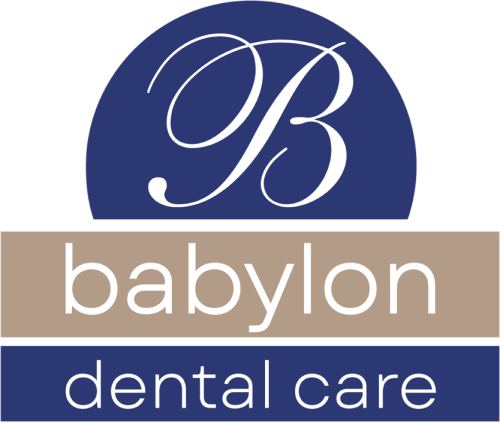If you’ve had a habit of waking up with headaches, teeth, and/or jaw pain because you’re clenching and grinding your teeth at night, you probably wear a nightly mouthguard that helps keep the pain and discomfort away. These mouthguards are great at treating bruxism and temporomandibular joint disorder (TMJ), but they can cause more problems than they help if you don’t take care of them.
The Importance of Cleaning Your Mouthguard
You’ve been fitted for your mouthguard. You’re using it every night and it’s giving you great relief. So, keeping your mouthguard clean is not only important to maintain the device so that it can continue to work for you, but it’s also important to your health.
Our mouths and our oral health are the gateway to the health of the rest of our bodies. This is partly because one of the easiest ways for bacteria to enter our bodies is through our mouths. Without proper and routine oral hygiene practices (daily brushing and flossing), our mouths can become a breeding ground for this bacteria (and plaque and tartar, both of which are usually eliminated by brushing and flossing). And since built-up bacteria in our mouths can lead to tooth decay, oral infections, and diseases, this same bacteria can be transferred to your mouthguard when you wear it every night. Even with proper and routine brushing and flossing of your teeth, this bacteria can adhere to your mouthguard.
You want your mouthguard to continue protecting your teeth and remain the great treatment option that it is for you. So here are some things you can do to protect it.
How to Do It
- Maintain proper oral hygiene. Routine brushing and flossing twice a day can prevent bacteria, plaque, and tartar from growing in your mouth in the first place. Before using your night guard every night, brush your teeth and floss. This will ensure that your mouth is as clean as possible before putting in your guard.
- Always rinse your mouthguard in the morning after wearing it. This will rinse away some of the saliva that has collected on your mouthguard.
- Use a soft toothbrush to brush your mouthguard to clean it. You can just use plain water, or you can apply several other solutions to your toothbrush to clean the guard, such as toothpaste and soap and water. It doesn’t need to be a vigorous brushing, just a gentle back and forth of the toothbrush on the entire mouthguard.
- Always allow your mouthguard to dry completely before putting it in a storage case. Drying the mouthguard will prevent mold and other moisture-loving bacteria from growing on it, and keeping it in a case will protect it from damage. (Keep your storage case clean, too, as bacteria can also grow here. Washing it with soap and water frequently will do the trick.
- Once a month, deep clean your mouthguard by soaking it in soap water or over-the-counter denture cleaner for 15-30 minutes. Follow the instructions on the denture cleaner for proper usage.
Need a Night Guard? We Can Help
If you think you need a mouthguard or if you need to replace yours, we can help. Call Babylon Dental Care at (631) 983-6665 to make an appointment today.

